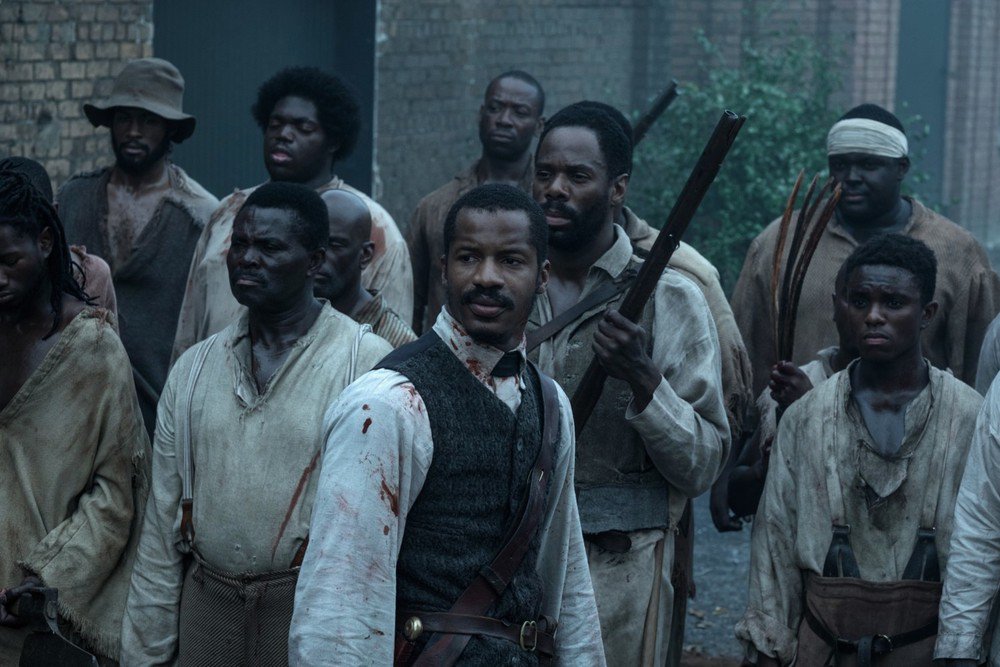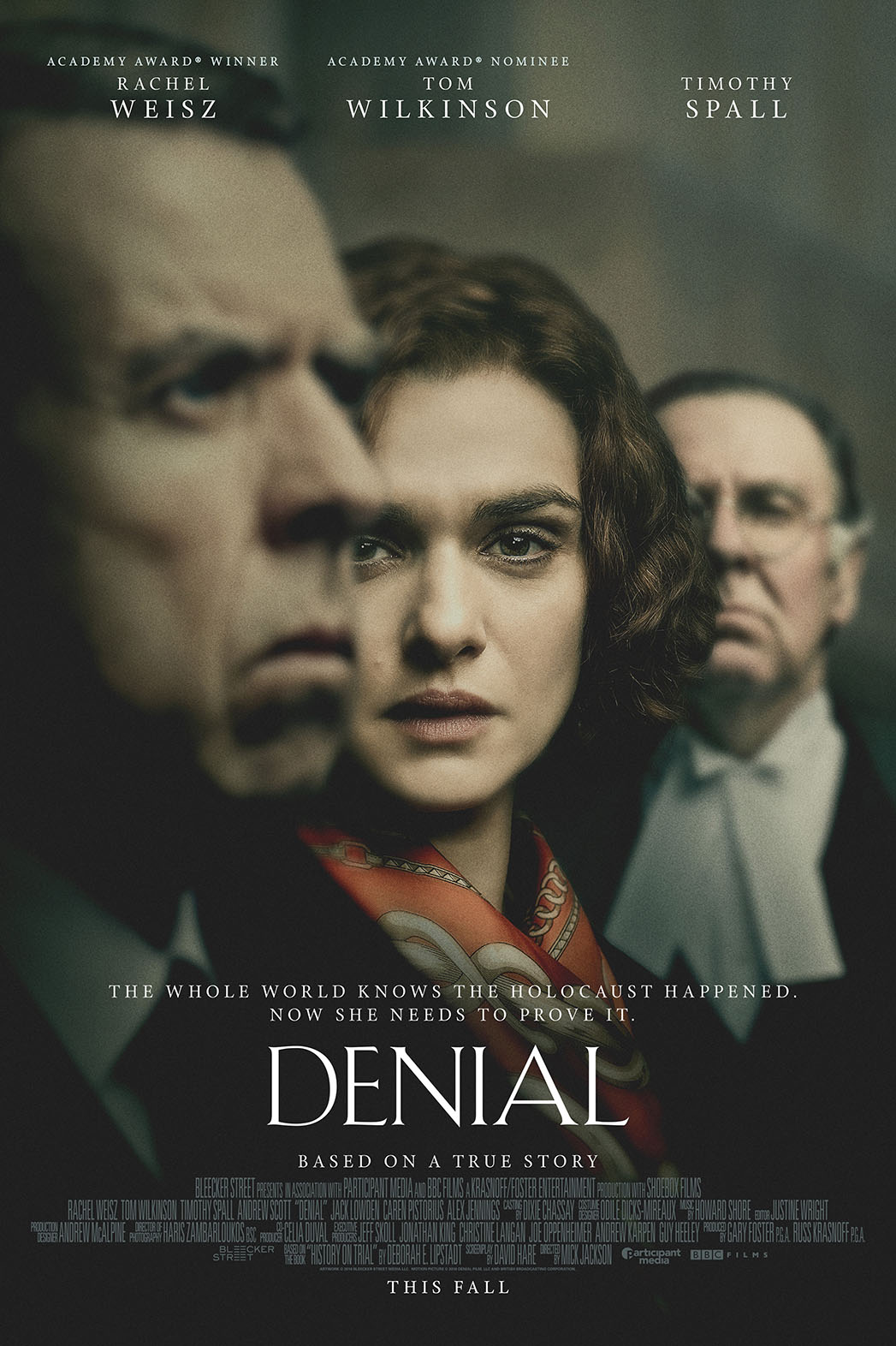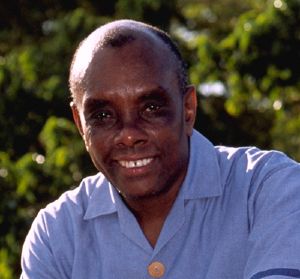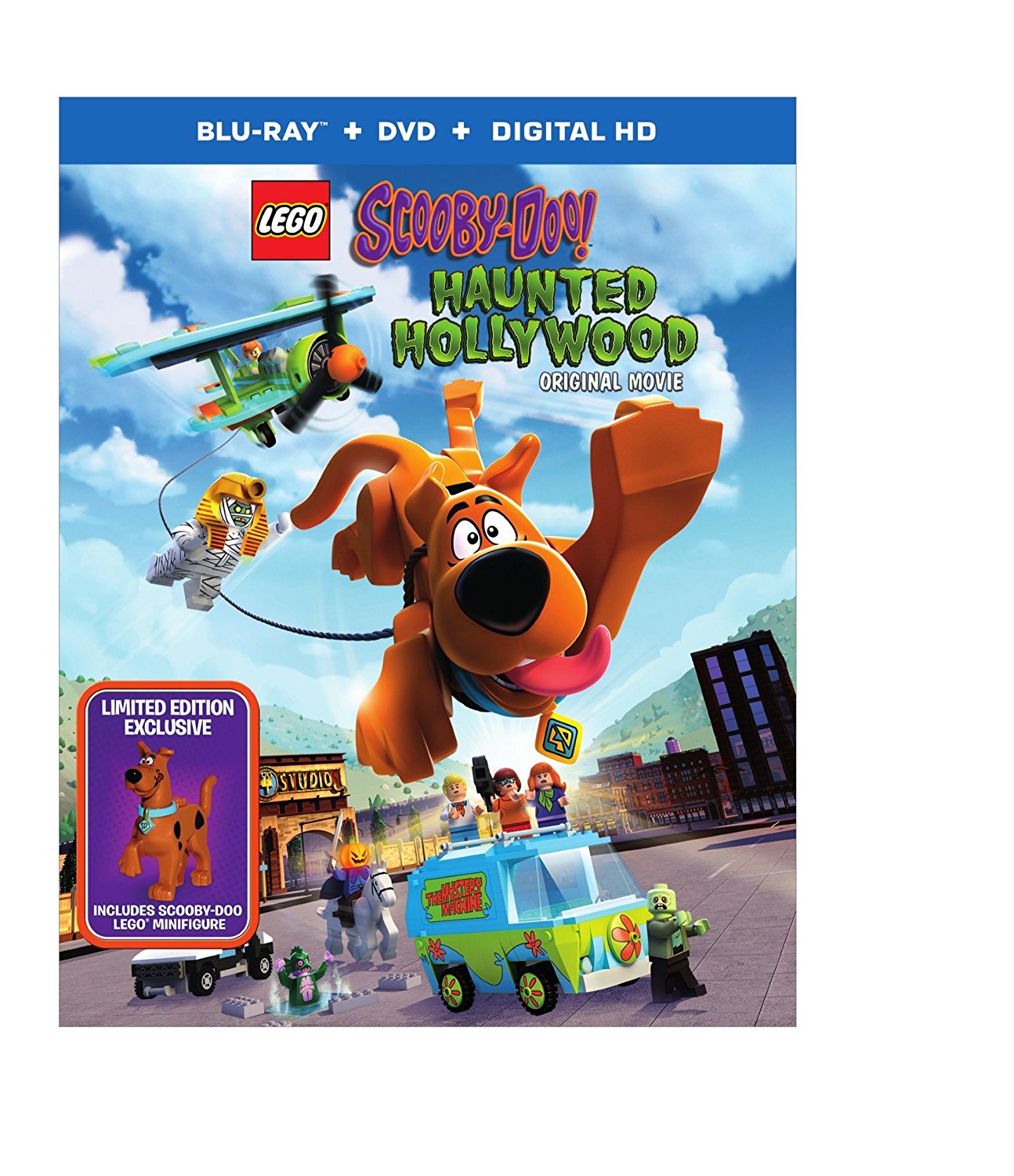The Birth of a Nation
Posted on October 6, 2016 at 5:52 pm
B+| Lowest Recommended Age: | Mature High Schooler |
| MPAA Rating: | Rated R for disturbing violent content, and some brief nudity |
| Profanity: | Racist epithets |
| Alcohol/ Drugs: | Drinking and drunkenness |
| Violence/ Scariness: | Intense, brutal, and graphic violence, rape, murder, hanging, lynching |
| Diversity Issues: | A theme of the movie |
| Date Released to Theaters: | October 7, 2016 |
| Date Released to DVD: | January 9, 2017 |
| Amazon.com ASIN: | B01LTHN5TU |

For actor Nate Parker, Turner’s story has been a long-time passion project, and he has audaciously claimed, or reclaimed the title of the D.W. Griffith silent film as revered for its innovations in cinematic storytelling as it is reviled for its racist, pro-KKK storyline. “The Birth of a Nation” title is provocative, timely, serious-minded, and powerful, and so is the film. The title refutes the pernicious narrative of the 1915 Griffith film, an act of rebellion and justice and an assertion of dignity and humanity. And so does the quote at the beginning of the film, from the man who both wrote of the inalienable rights of all men and was a slaveholder, Thomas Jefferson. The film opens with a selection from this passage:
an the liberties of a nation be thought secure when we have removed their only firm basis, a conviction in the minds of the people that these liberties are of the gift of God? That they are not to be violated but with his wrath? Indeed I tremble for my country when I reflect that God is just: that his justice cannot sleep for ever: that considering numbers, nature and natural means only, a revolution of the wheel of fortune, an exchange of situation, is among possible events: that it may become probable by supernatural interference! The Almighty has no attribute which can take side with us in such a contest.–But it is impossible to be temperate and to pursue this subject through the various considerations of policy, of morals, of history natural and civil. We must be contented to hope they will force their way into every one’s mind. I think a change already perceptible, since the origin of the present revolution. The spirit of the master is abating, that of the slave rising from the dust, his condition mollifying, the way I hope preparing, under the auspices of heaven, for a total emancipation, and that this is disposed, in the order of events, to be with the consent of the masters, rather than by their extirpation.
We first see Nat as a young boy, in a firelight gathering where enslaved people have congregated for some moments that recall the traditions of their home. Three birthmarks on the boy’s chest identify him as someone who will be a leader. Nat’s father, trying to get food for his family, kills a slave hunter and runs away.
There is a tense scene of terrible menace, as the other slave hunters come looking for Nat’s father that night, threatening Nat’s mother and grandmother, and finally the boy, too. We then see Nat running from a young white boy on the plantation, only to find that it is an innocent game, and the two seem to share a genuine sense of companionship. This is mirrored later in the film, when the then-adult Nat sees a little white girl playing with an enslaved girl by tugging her along with a rope like a dog on a leash.
Later, noticing the boy’s intelligence, the wife of the plantation owner (Penelope Ann Miller) brings the boy inside her home and teaches him to read. But the books on the shelves are not for him. “These books are for white folks. They are full of things your kind won’t understand.” There is just one book she will let him read: the Bible. He becomes a fervent believer, preaching the gospel to the other enslaved people.
As adults, Sam (Armie Hammer), the boy who was playing with him, has become the plantation owner and Nat (Parker) is his trusted servant. Nat persuades Sam to buy a woman who is being auctioned, and who clearly has suffered terribly. She becomes his wife and they love each other dearly.
When Sam falls on hard times and begins to drink too much, he starts renting out Nat’s services as a preacher to the other slaveholders. The plantation owners hope that his lessons about God’s will and the promise of heaven will keep them compliant. But Nat’s travels bring him into contact with the horrific atrocities inflicted by other slave holders. And some of the Bible’s lessons about justice and opposing tyranny take on an urgent power, as Nat’s wife is raped and beaten by slave hunters, another enslaved woman (Gabrielle Union) is forced to have sex with a man Sam hopes to do business with, and Nat is brutally whipped for baptizing a white man. He increasingly sees visions of a rebellion.
As a film, the movie falters, slipping into melodrama that recalls the Griffith film in ways it does not intend. But it transcends its storytelling shortcomings because of its palpable sincerity and passion, its force as a searing statement of history, and its relevance today. The fight for justice is a defining purpose of humanity, and Nat Turner’s cause goes on.
Parents should know that this film includes brutal slavery-related abuse including whipping, rape, beating, and forced feeding, a marital sexual situation with some nudity, drinking and drunkenness, and strong and racist language.
Family discussion: What made Nat Turner willing to take the risks of a rebellion? Why does this movie share the title of the famous D.W. Griffith silent film?
If you like this, try: “12 Years a Slave” and “Amistad” and read Nat Turner’s own words







